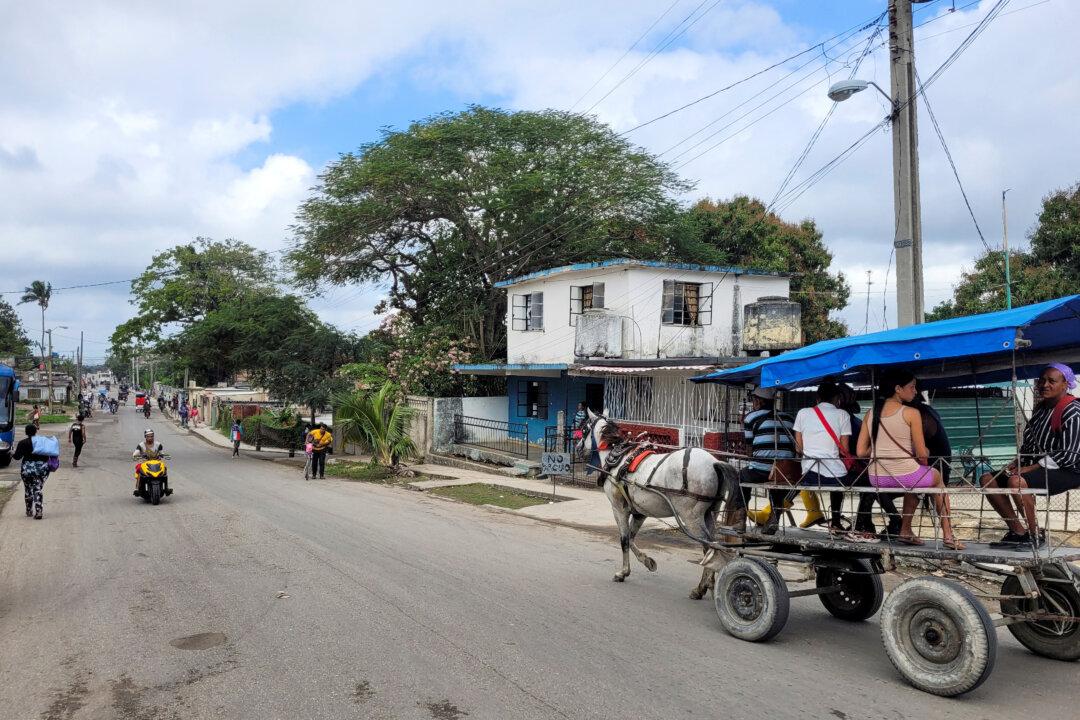The State Department on May 13 designated Cuba as a “not fully cooperating country” regarding U.S. counterterrorism efforts, citing the Cuban regime’s refusal to extradite some fugitives to the United States in 2024.
This designation will result in a ban on the sale or licensed export of U.S. defense articles and services to Cuba, State Department spokesperson Tammy Bruce said in a statement.





